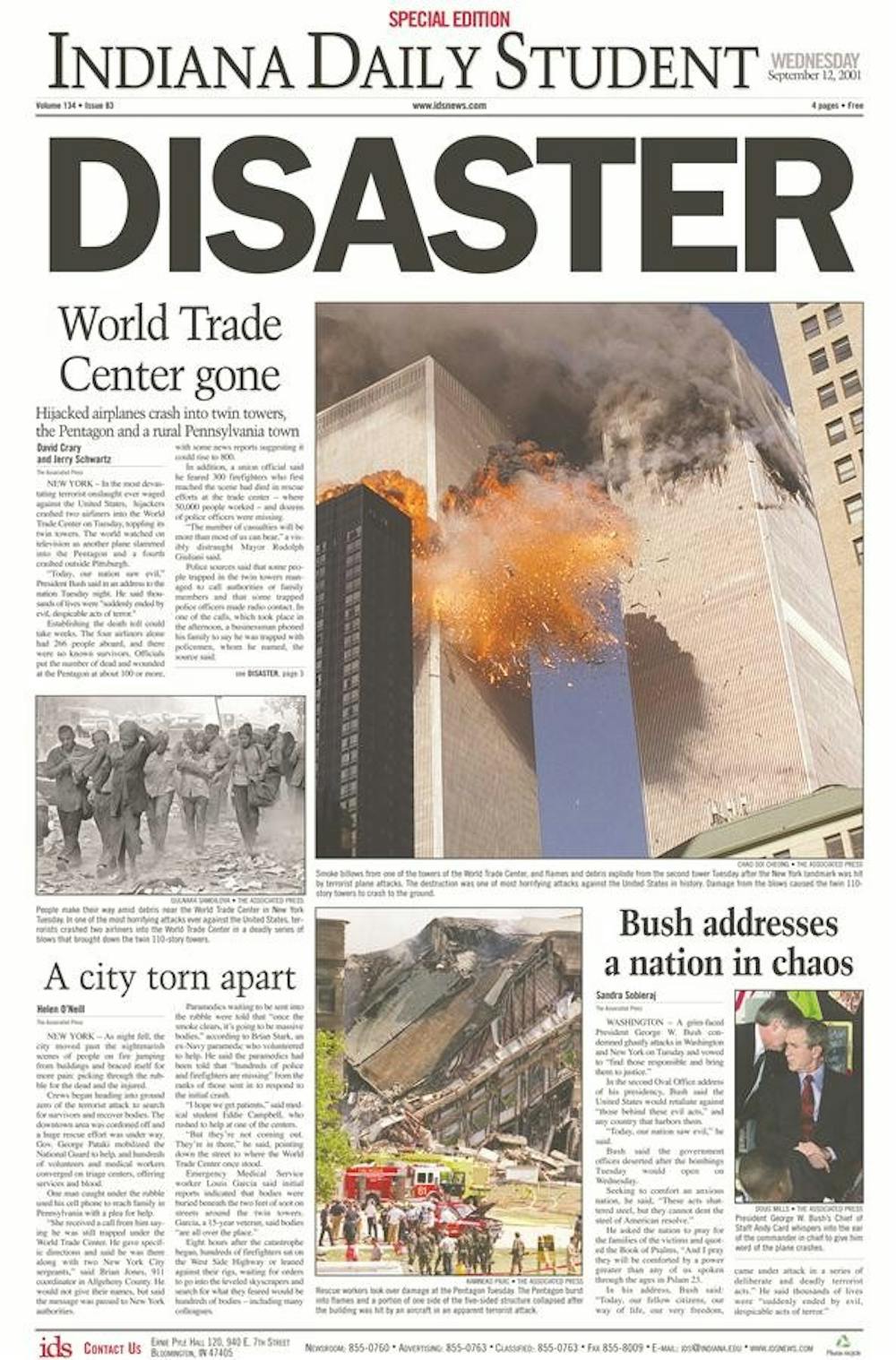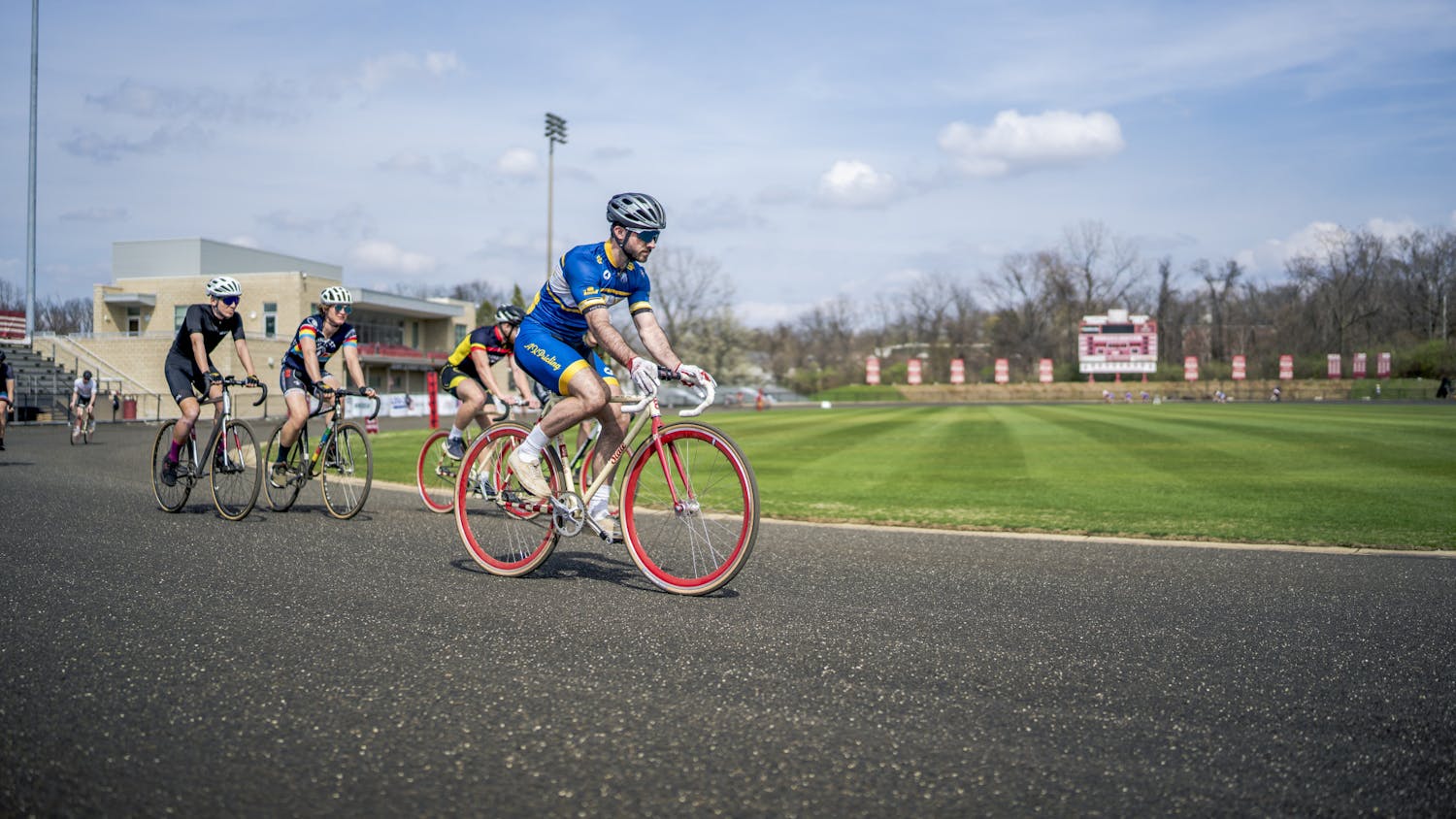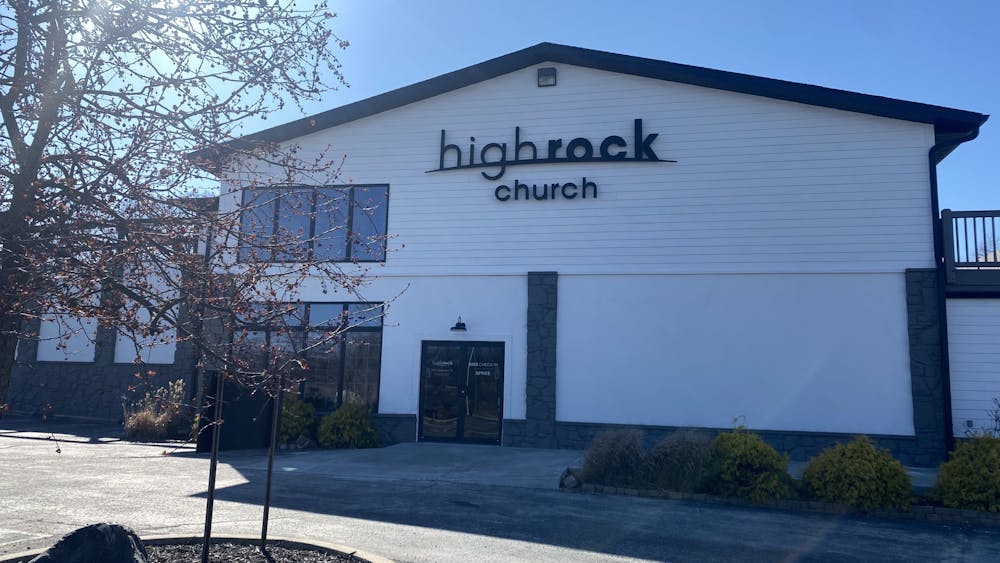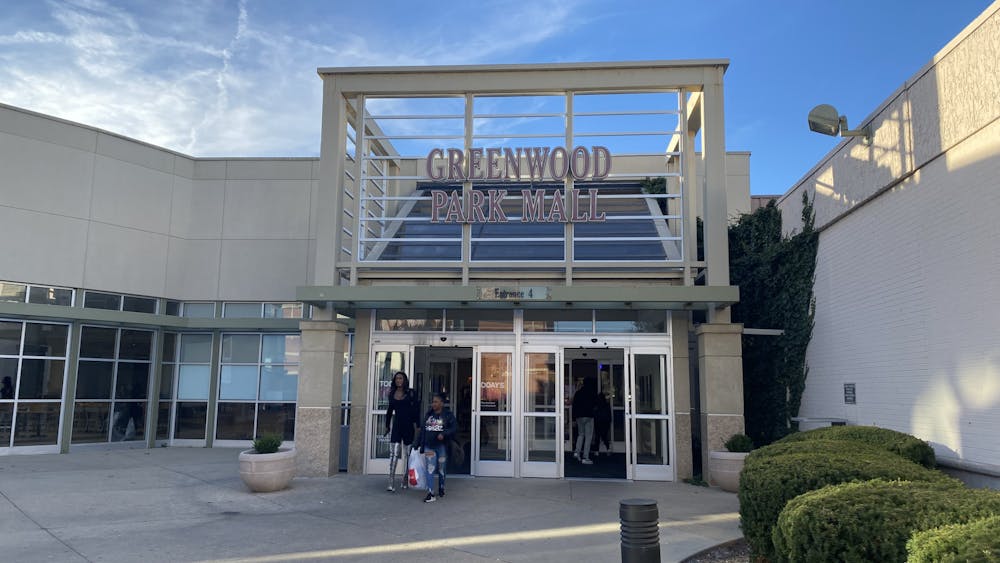On Sept. 11, 2001, 19 al-Qaida terrorists hijacked four passenger airplanes. Two planes crashed into the Twin Towers of the World Trade Center. Another hit the Pentagon. The fourth was headed toward Washington D.C., but passengers took control and the plane crashed in Pennsylvania.
Almost 3,000 people died in these attacks — 2,753 in the Twin Towers, 184 at the Pentagon and 40 in the plane that crashed in Pennsylvania.
The twin towers collapsed within two hours of the crash.
On Dec. 7, 1941, Japan attacked the naval base at Pearl Harbor, Hawaii. Four battleships and two destroyers were sunk, and four battleships and two destroyers were damaged.
More than 300 aircraft were damaged and destroyed. There were 2,402 people killed and 1,282 people wounded.
These attacks on American soil left a profound mark in the memories of those who were young adults at the time.
Howard and Sims’ lives are two of many stories that show the impact of growing up in the aftermath of the attacks. Some people were motivated to join the military or were drafted, some were sent overseas to serve and some gained a new appreciation for life.
It’s been 10 years since 9/11 and almost 70 years since Pearl Harbor, but the memories of these young adults remain strong.
**
Colby Howard turned on the radio in his car as he drove to pick up his graduation outfit from the dry cleaners in Panama City, Fla.
It was a Tuesday morning with crisp blue skies. He was thinking about graduating from the Marine Corps Combatant Diver Course and rejoining his unit in Okinawa, Japan.
Then he heard it. A small airplane had struck one of the towers of the World Trade Center in New York.
His first thought was not terrorist attack, so he kept driving back to base, where he watched the second plane hit the south tower.
He was only 19 years old, but because of his military experience, friends from high school called him to ask what was going on, but he had no idea.
“Nobody knew what to do.”
**
Betty Printz Sims sat in her apartment wrapped in a blanket. It was cold that early December Sunday afternoon, but her landlord wouldn’t turn the heat up.
The 21-year-old music teacher was listening to the New York Philharmonic on the radio in the small town of Tripoli, Iowa, when an announcement interrupted the music.
“I am pausing to tell you that we have been bombed by Pearl Harbor,” Sims recalled.
Sims hadn’t learned geography well, and she had no idea where Pearl Harbor was.
“I thought, ‘What does that mean?’” Sims said. “We all went into shock, really.”
**
Classes were cancelled, so Howard spent the day talking to fellow Marines.
“It was a serious moment where we were figuring out the consequences,” Howard said. “I don’t think anybody slept for 48 hours after 9/11.”
After graduation, he was supposed to fly back to Okinawa but was delayed for two weeks because of the attacks.
“My immediate future was just a complete blank,” Howard said.
He didn’t know what was going to happen, but he knew what he wanted to happen. He was ready to head to Afghanistan.
“We were waiting for something to come down the pipe. We were ready to go, wanting to go, expecting to go, but still hadn’t received any word,” Howard said. “Everybody was waiting to hear they would be the ones going.”
But his unit never received orders to go to Afghanistan.
“We got back to business as usual,” he said.
**
The next morning, everyone at Sims’ school was rushed into the auditorium to listen to President Franklin D. Roosevelt address the nation. He announced the United States was going to war and that Dec. 7, 1941, would be “a date which will live in infamy.”
“We knew it was serious, but war was not in our vocabulary at all,” Sims said. “It’s just something we were not exposed to.”
With no TV, Americans relied on the radio and newspapers.
“I think we were shocked with Pearl Harbor,” Sims said. “And I don’t think we ever got over the shock.”
She taught for the rest of the term but did not return the following year.
**
In 2003, Howard’s unit was still in Japan, watching the invasion of Iraq on a big television screen.
“Everyone was so upset that they were watching this on TV and they weren’t there,” Howard said. “That was difficult for all of us to kind of swallow.”
In the summer of 2004, he was no longer watching the battle on TV. He spent five months in Iraq and was ordered to return in 2006, but the month-long war in Lebanon canceled his deployment.
In September 2007, he received orders to fly to Iraq and remained there until April 2008.
**
Sims wanted to help the war effort.
“I thought, ‘I can’t stay here and teach music, I’ve got to do something for my country,’” Sims said.
Her family suggested she join the Army or the Navy, but she decided on the Marine Corps.
“That was almost unheard of, because the Marine Corps did not want women,” Sims said.
She joined in 1943 and was sent to boot camp at Camp Lejeune where she learned about aviation. She became a fixed gunnery instructor, piloting a mock plane while men were trained to shoot from it.
“It was very exciting,” Sims said. “You were working for a purpose, and that was to defeat the Japanese and the Germans.”
She spent most of her military career in North Carolina and left the service in 1945.
**
Howard was in the military before the attack, so 9/11 became a factor only in where he would serve. When he joined, he didn’t expect to be sent to Iraq.
“I had no idea joining the military where I would go,” Howard said.
He also didn’t plan to stay in the military for eight years, but when his four years were up he wanted to do more, so he re-enlisted.
After leaving the service in 2008, he enrolled at Georgetown University. Now 28, Howard is president of the Georgetown University Student Veterans of America. He is a senior in the School of Foreign Service and a first-year graduate student in the security studies program.
**
Now 91, Sims said the attack on Pearl Harbor was the main reason she joined the Marines, and she’s glad she did it. In her generation, women generally became secretaries, nurses or teachers after college, but she wanted something different.
After leaving the military in 1945, she was a flight attendant for four months and then moved to New York, where she sold records. She was married in 1948, and her husband died in 1984. Now she lives at Leisure World of Maryland, a retirement community in the Washington suburbs.
Sims said as much as the memories remain from Pearl Harbor, the discussion fades.
“As we get older, we get tied up in our own life in a way, and less and less publicity is being given about Pearl Harbor, which I think is wrong,” Sims said.
**
Pearl Harbor wasn’t the only attack on the United States that Sims witnessed. She also lives with the memories from 9/11.
She was lying in bed, listening to a classical music radio station. Once again, her music was interrupted by critical news, but this time she was able to turn on a TV. She watched the south tower get hit by the plane.
“It was just unbelievable that it could happen,” Sims said. “It was just a horrible, horrible situation.”
Sims said Pearl Harbor changed the rest of her life, because it was the main reason she joined the military instead of continuing to teach.
Ten years on, Howard is starting to put the attacks into perspective, just as Sims has done for the past 70 years. Howard said 9/11 changed his life, too, and will continue to have an impact in the years to come.
“At the time, I didn’t know and I didn’t appreciate how it was going to impact my life,” Howard said. “It changed every decision career-wise, like to stay in the military, to be in the military, the actions that I did in the military. It affected all that.”
In addition to affecting Howard’s actions, 9/11 caused him to think about things he never thought of before.
“It caused me to go places where I had to think about other things,” Howard said. “It changed my life as far as how I think of myself as an American and how I think about America in the world.”
And thinking is exactly what he will do this Sept. 11.
“9/11 greatly impacted my life. I think everybody will pause and definitely take thought on that day.”
From SHFWIRE
Pearl Harbor, 9/11 attacks are more than memories

Get stories like this in your inbox
Subscribe





